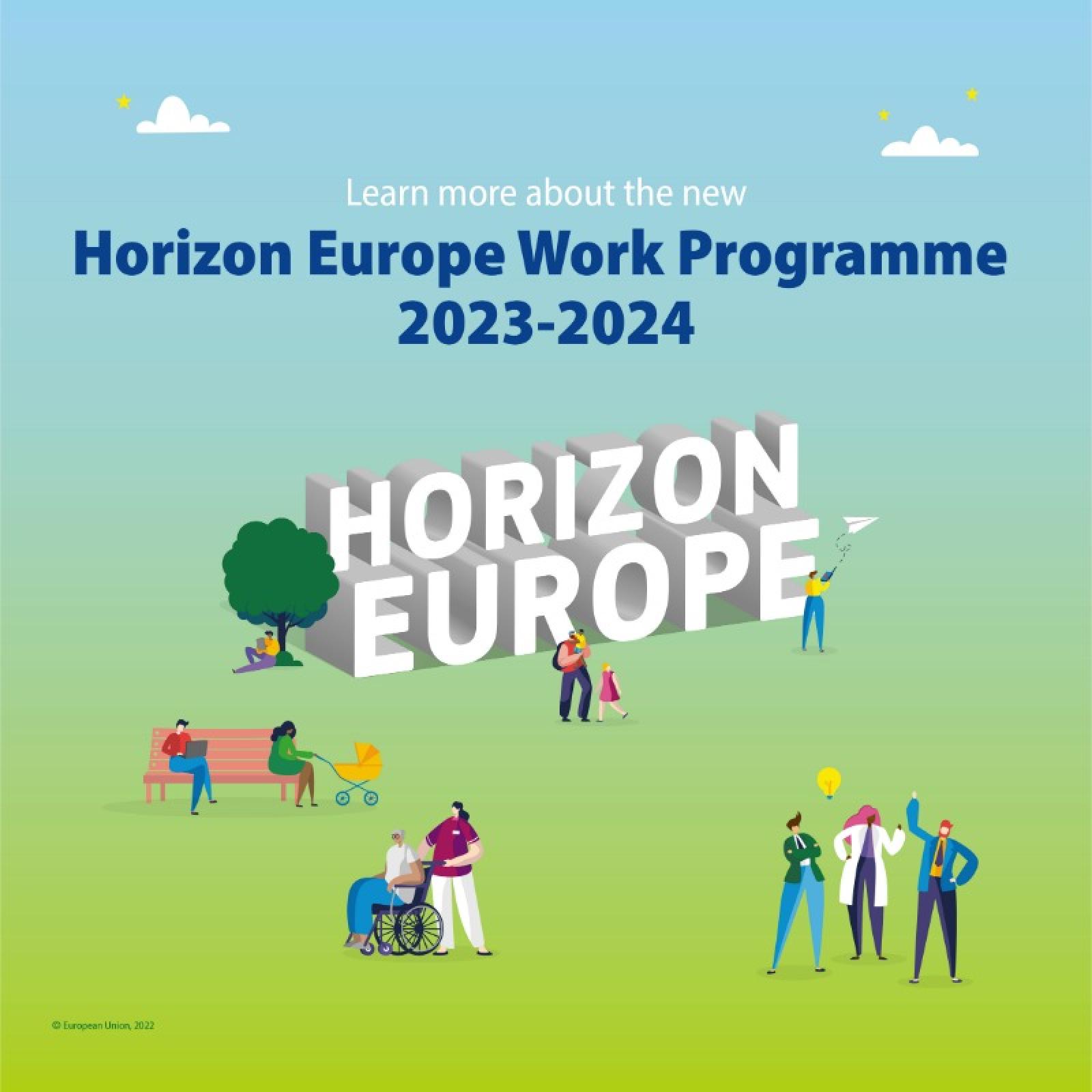
UDiTE JOINS CONSORTIA FOR AN HORIZON EUROPE PROJECT TO LOOK AT POST PANDEMIC WORKING ARRANGEMENTS
The 2 year project aims to investigate the growing impacts of remote working on the territorial development of second and third tier urban and rural areas, including small and medium size cities, citizens and their communities, local businesses and the workforce taking into account a differing workplace versus remote working legal and policy framework. The proposal required significant work behind the scenes in early March ahead of the deadline on the 14th March 2023. The project responds to the EU call for proposals, HORIZON-CL2-2023-TRANSFORMATIONS-01-01 - Remote working arrangements and their economic, social and spatial effects and has a total budget of €9 million under the 2023 call. It invited proposals to be submitted that contribute to some of the following expected outcomes:
-
Better understanding of the spatial implications of increased remote working and its challenges for different regions, including urban and rural areas.
-
Increased understanding on the impact of remote working arrangements on the living and working conditions, including health and safety at work, work-life balance and consequences of cross-border working.
-
Better understanding of the possible consequences to communal life and society.
-
Recommendations to help urban and rural areas to shape the trends of remote working cope with the challenges and seize the opportunities.
The RWILESSV project is a 2 year project from January 2024 until December 2025 that looks to expand the knowledge in the area of local development to see how remote working trends can benefit small and medium sized urban and rural areas that are distant from and often lack the economies of scale of the larger agglomerations.
Given the rapid development of remote working during the pandemic, there is limited academic research about the topic and its impacts in an applied economic, social and environmental context. This research will be qualitative in nature, it will be carried out through face-to-face interviews, and surveys of territorial stakeholders. The consortia being led by the University of Poznan, (department of economics and business) includes:- Danubius University of Galati, Romania, Eötvös Loránd University, Hungary, Katowice University, University of Murcia, Spain, Dédale, Paris (a European agency dedicated to urban development, digital and social innovation), Maynooth University, Ireland, IRPPS-CNR Rome, Italy and UDiTE as well as partners from outside the European Union Uzhhorod National University, Ukraine and Warwick University from the United Kingdom. ,
The research aims to reveal important results in the academic, social, economic and managerial field and make practical recommendations to policy makers in order to boost local economies, attract skilled workers to build the conditions for sustainable growth and balanced territorial development of second and third tier urban and rural areas. Through a better understanding of its impacts, remote working has the potential to reshape local policies in a way that can capitalise on the values and strengths of local territories, diminish weaknesses and threats to their spatial development perspective for the benefit of local citizens and their communities. UDiTE’s has been allocated a budget of €160 000 for its role that will focus on maximising responses from local and regional authorities and hosting an annual event. The project proposal is now being evaluated and it remains to be seen if RWILESSV will be accepted by the European Union. The decision is expected in a few months. A big thank you to Xavier, Ronny and Simon as well as Agnieska Ziomek from Poznan University business school who worked closely together in March on the proposal. Fingers crossed.